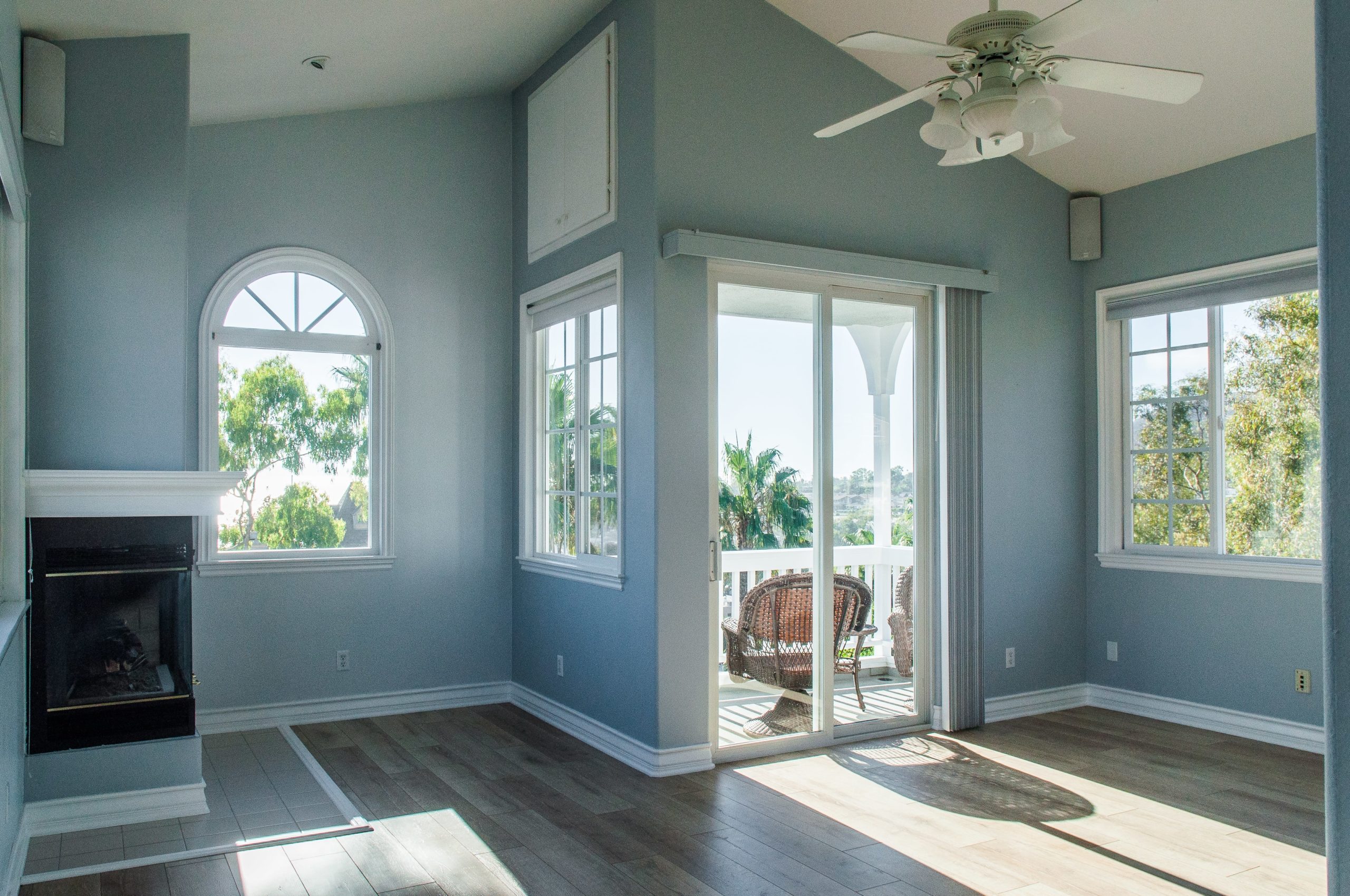If you’re thinking of buying an investment property, it’s important to understand the tax benefits. There are different tax rules for investment properties compared to owner-occupied properties.
Read on to find out everything you need to know about tax benefits for investment properties.
Do I have to declare the rental income on investment properties?
Yes, any rental income you earn will be classed as taxable income.
But the good news is that you can claim expenses associated with your rental property as tax deductions against your income so that you pay less tax. For example, your loan interest, property management fees, insurance, rates, and any repairs and maintenance costs.
All of these deductions reduce the amount of tax you pay. You can’t claim any of these costs as tax deductions on your own residential home.
You can also claim the cost of depreciation as a tax deduction when you have an investment property, which is another thing you can’t do on your residential home.
Claiming investment property depreciation is significant because it’s a non-cash item. In other words, it’s an expense that you don’t actually pay. Depreciation reflects the decline in an asset’s value over time. Typical items that are depreciated in an investment property include:
- the structure of the home itself (for example, its bricks, timber, concrete, steel and roof). The newer the home, the more you’ll be able to write off for structural depreciation (and vice versa).
- the property’s plant and equipment (for example, its appliances and furniture). The more appliances and furniture that you have in the home (and the higher its value), the more you’ll be able to depreciate (and vice versa).
A quantity surveyor can help you to maximise your depreciation tax deductions on an investment property.
What does negative gearing mean?
Negative gearing is a term that means your tax-deductible expenses from an investment property exceeds its rental income. For example, if your investment property generates $20,800 in tenant rental income, and your tax-deductible expenses are $25,000, you are negatively geared by $4,200 (i.e. $25,000 less $20,800).
Do I have to pay capital gains tax (CGT) if I sell an investment property?
Yes, but only on the profit you make. You pay capital gains tax at your marginal rate of tax. But if you’ve owned the property for at least 12 months before you sell it (and you’re an Australian resident), you get a 50% discount on your CGT rate.
How we can help
If you’re looking to buy an investment property in the Newcastle, Maitland and Lake Macquarie areas and you need finance, talk to us. Our expert brokers at Wisebuy Investment Group can help you to find the right loan for your needs. We work with more than 60 lenders in the Australian market, and we can help you with your loan application.
Contact us today for an obligation-free chat to find out more. We’d be happy to answer any questions you have and to explore your finance options with you.












